
Every generation carries habits that once felt natural but later seem puzzling to others. Boomers grew up in a different world, shaped by circumstances millennials never experienced. That gap shows up most in everyday behaviors. You might find those habits charming, but millennials see them through another lens. Let’s explore the habits that highlight the humorous disconnect between the past and present.
Always Calling
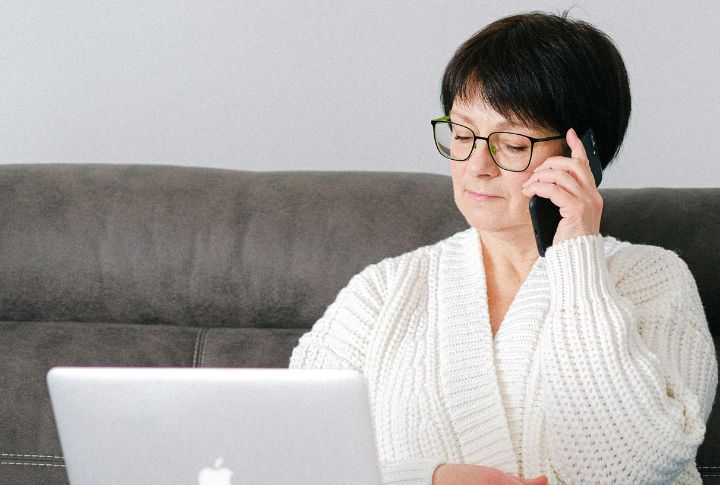
Back when voice calls ruled communication, Baby Boomers mastered the art of personal connection through phone conversations and face-to-face meetings. As technology evolved, Millennials leaned toward texting and the efficiency of social media. That’s why many find their older colleagues’ preference for lengthy calls and meetings frustratingly time-consuming.
Writing Checks
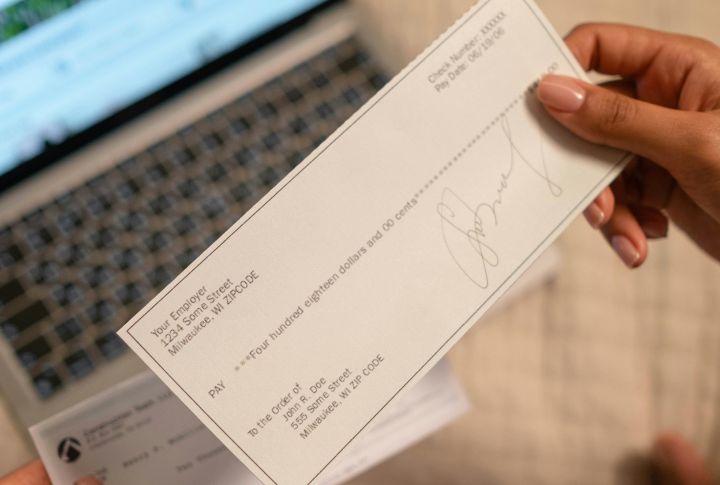
At the grocery store or a restaurant, you might still spot a Baby Boomer carefully writing out a check. For them, it’s dependable and familiar. Millennials, however, tend to avoid the process entirely, choosing digital payments that save time and feel effortless.
Hoarding Receipts

Saving receipts reflects a habit shaped by a world that valued meticulous record-keeping. Younger generations operate in a culture of convenience, where digital trails are both secure and accessible. The paper-based approach feels unnecessary when every purchase already lives online.
Long Voicemails
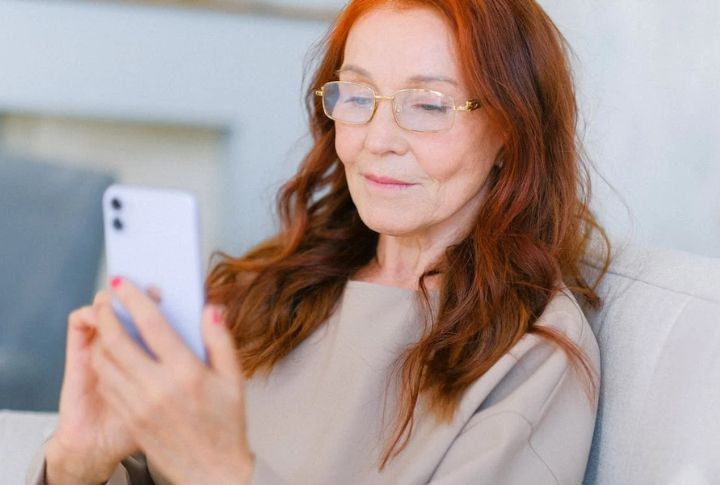
Nothing drains precious minutes quite like a meandering voicemail monologue. While many Boomers still cling to the practice, Millennials usually find it outdated and skip straight to quick texts. The contrast highlights how younger generations view long voice messages as more of a hassle than a help.
Sticking To Cable
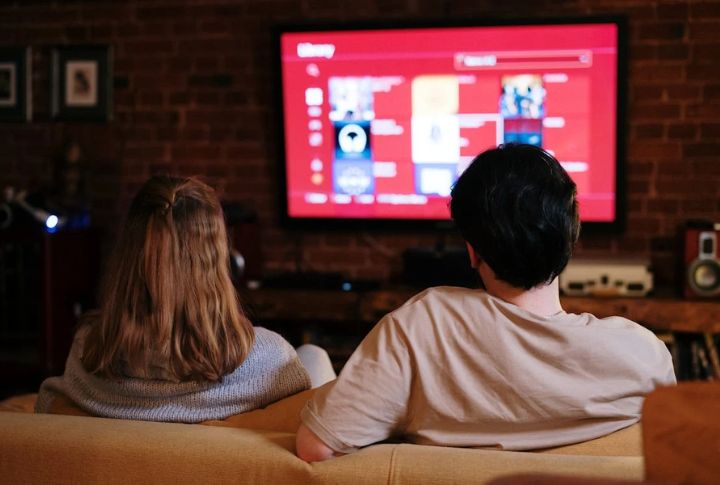
The freedom to watch what we want, when we want, speaks volumes about how different generations approach entertainment. Those who grew up before the digital age often find comfort in cable TV’s familiar structure and predictable programming. Millennials, meanwhile, embrace the autonomy of streaming platforms.
Avoiding Therapy
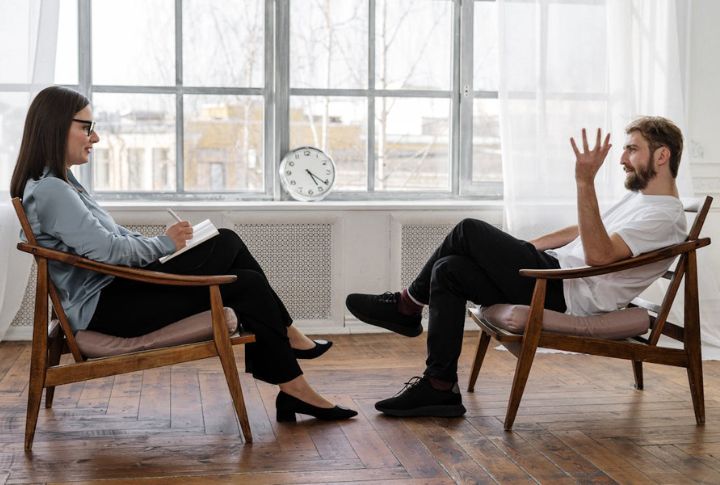
Scroll through any social feed and you’ll see Millennials openly sharing their therapy wins and mental health journeys. That’s a far cry from the silence shaped by stigma in Boomer days. Now, virtual counseling platforms have helped turn therapy from a secret struggle to widely embraced self-care.
Saving Magazines
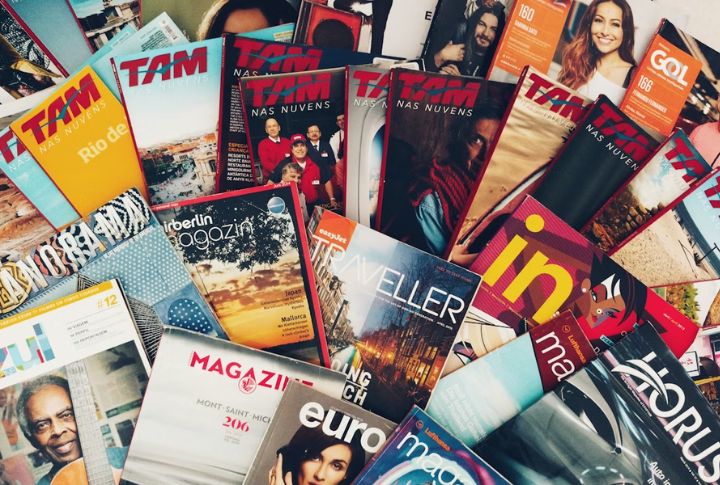
Those magazine piles represent a time when print media felt worth keeping forever. Older generations still love collecting favorite issues for rereading later. Younger people skip physical magazines entirely and get their content instantly online.
Ellipses In Texts
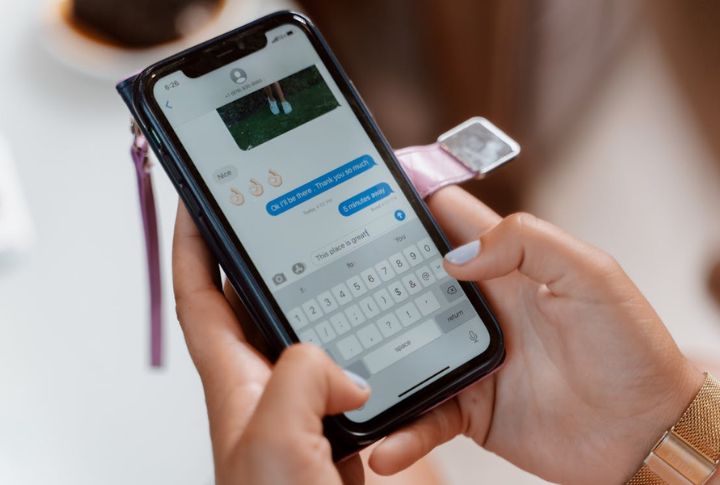
The ellipsis is a perfect example of how intent doesn’t always match perception. Older adults rely on it to show pauses. Younger readers, however, take them as negative undertones. A simple punctuation choice becomes a reminder of how communication habits have changed over time.
Saving Plastic Bags

Open almost any pantry, and you might still find a stash of plastic shopping bags shoved in. For older generations, keeping them feels practical, a habit hard to shake. Younger people often cringe at the clutter and prefer reusable totes that align with today’s push for sustainability.
Keeping Old Tech
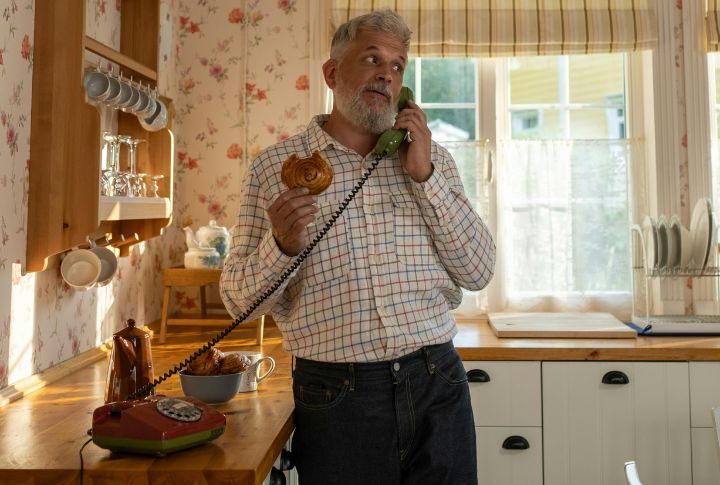
Older generations often maintain functional use of legacy devices like landline phones, VCRs, and cassette players. These items were once essential for communication and entertainment, and many Boomers continue to rely on them out of familiarity and trust in their durability. In contrast, Millennials tend to view such technology as outdated and repurpose it as nostalgic decor.

